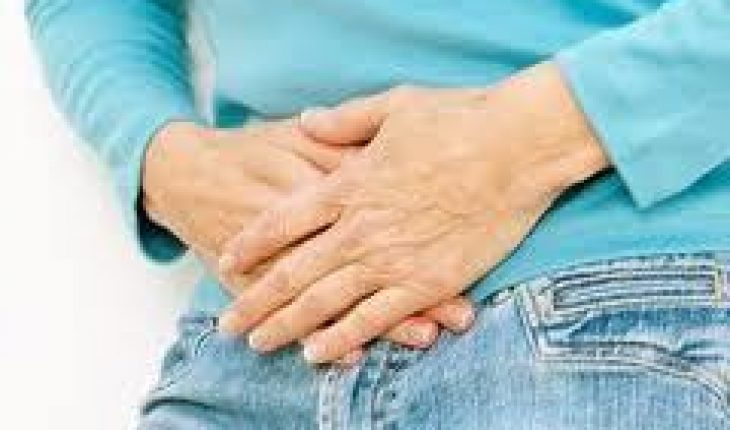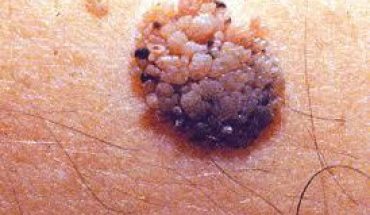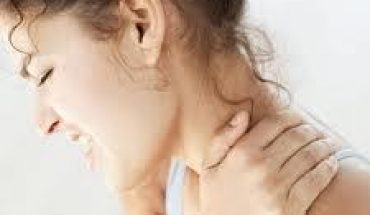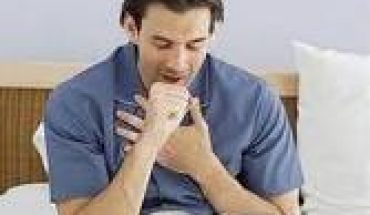Diverticulitis is the swelling, or rupturing of the abdominal sack, or the diverticulum which is inside the intestinal walls. The swelling causes the abdominal sack, or pouch to rupture or tear, and this leads to an infection of the colonic tissues. Diverticulitis symptoms include mainly, pain in the abdomen, abdominal tenderness, and fever. Diverticulitis occurs due to a high build up of pressure within the colon. This high pressure causes swelling, and as a result, protrusion of the intestinal lining. This condition may be treated either with drugs such as antibiotics or with surgery, depending upon the severity of the condition and how early the condition was diagnosed.
Diverticulitis symptoms
Diverticulitis symptoms include:
- Abdominal pain.
- Abdominal tenderness.
- Chills.
- Fever.
- Nausea.
- Vomiting.
- Weight loss.
- Diarrhea.
- Constipation.
For more serious cases, Diverticulitis symptoms include:
- An abscess or boil in the pelvis.
- Colonic obstruction.
- Bleeding in the colon.
- Bacterial Peritonitis.
How is Diverticulitis diagnosed?
As soon as Diverticulitis symptoms appear, the patient must seek immediate medical attention. A medical professional can then confirm the diagnosis of Diverticulitis by performing a battery of different tests. These tests may include Barium X-rays, Ultrasounds, and CT scans.
Barium X-rays- A barium enema is performed on the patient to help the doctor to properly see the colon. This is done by inserting a tube to which a minute camera is affixed. The tube is inserted into the rectum and then sent to record the picture of the colon.
Ultrasound and CT scans- For patients who may have Diverticulitis symptoms that are more acute, such as, recurring pain and fever, an ultrasound test, or a CT scan will be employed. These tests will examine the abdomen and the pelvis to check for inflammation and ruptures.
Medical treatment for Diverticulitis
Patients who experience Diverticulitis symptoms are advised to maintain a diet high in fiber to prevent constipation. Patients who experience abdominal pain, will benefit from the prescription of anti-spasmodic drugs. Acute Diverticulitis symptoms may also be treated with antibiotics while surgery is advised in cases where there is an abscess or a rupture in the colon.
Prevention
- Eat lots of fiber-based foods like whole grains, bran, fruits and vegetables.
- Some doctors recommend that one should avoid nuts, corn, and seeds that may block, or obstruct the Diverticular passages and cause a relapse of Diverticulitis symptoms.
- Drink a lot of fluids, at least eight full glasses a day to help to soften stools.
- Exercise regularly to maintain healthy and regular bowel movements.
- Call a doctor immediately if you experience any severe abdominal pains. The sooner Diverticulitis is diagnosed, the better the chances of avoiding complications associated with Acute Diverticulitis
- Call a doctor if any change in bowel movement is noticed, especially rectal bleeding





